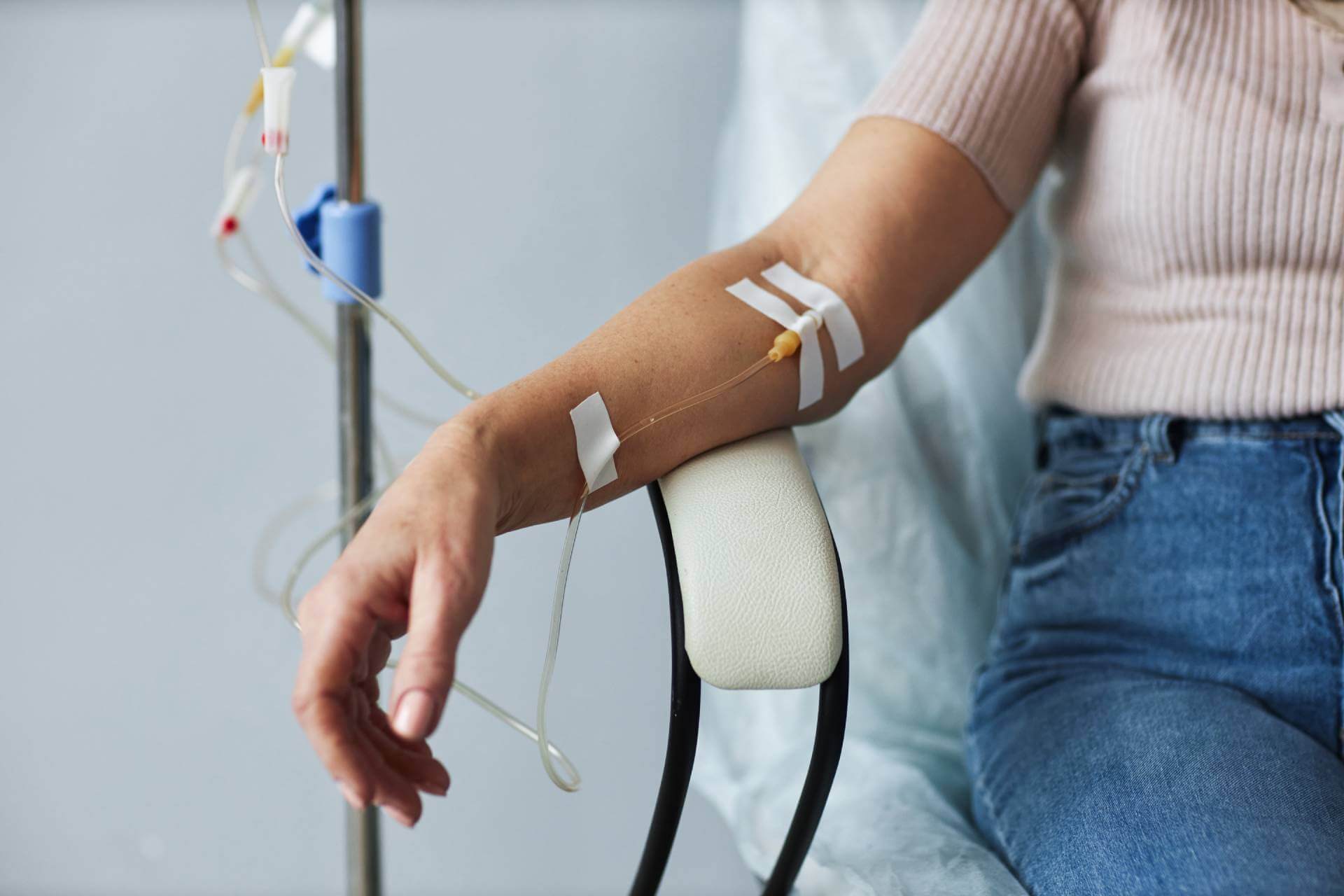Cognitive Behavioral Therapy

What is Cognitive Behavioral Therapy (CBT)?
Cognitive Behavioral Therapy (CBT) helps people understand how thoughts, feelings, and actions are connected. It teaches practical ways to change negative thinking and behaviors linked to addiction and mental health challenges like anxiety or depression. CBT builds healthier habits, improves coping skills, and supports lasting recovery through focused, structured guidance.
CBT at Clear Path Recovery Center
The therapists and counselors at Clear Path rely on Cognitive Behavioral Therapy (CBT) as one of their primary methods of care. CBT is evidence-based, meaning it’s been proven effective by clinical research. It’s been shown to really help people with addiction or mental health disorders in dozens of studies.
4 Reasons Why CBT is Helpful in Addiction Treatment
1
CBT helps people recognize and change the thought patterns that fuel addiction.
2
CBT teaches practical coping skills for managing stress and cravings.
3
CBT reduces relapse risk by helping people develop healthier habits and routines.
4
CBT builds emotional awareness to improve choices and relationships.
How CBT Can Help in Addiction Treatment
We outlined 4 reasons why CBT is helpful for people in addiction treatment and early recovery. Let’s delve into each of those reasons and find out more about the practical ways that CBT can help you build a stronger foundation for your recovery life.
Identifying and Changing Thought Patterns
CBT helps individuals spot harmful thinking, like self-blame or hopelessness. This so-called stinkin’ thinkin is like 104 octane race fuel for addiction—it’s got to go! By reshaping negative thoughts, people can learn to respond to stress and cravings in a healthy way with more confidence. Therapists at Clear Path Recovery use the CBT approach, among others.
Teaching Practical Coping Skills
Instead of relying on drugs or alcohol, CBT teaches tools like relaxation techniques, thought reframing, and problem-solving. Coping skills like these are extremely valuable for anyone with an addiction—especially in early recovery. Being able to better handle triggers, calm your own anxiety, and stay grounded during challenging times is exactly the type of skills you want to master to stay sober.
Building Emotional Awareness
CBT encourages people to understand how feelings influence behavior. Because addiction is basically an obsession (thoughts & feelings) that inspire compulsive behaviors, your emotional awareness is very important. When you’re better able to identify your emotions and you’re aware of them before you act, you can prevent impulse behaviors.
Developing Better Habits
CBT promotes routines that support recovery—like regular sleep, exercise, and positive social connections. The main reason people go to addiction treatment is to break free from unhealthy habits. But, it’s not enough to just break the bad habits. We’ve got to take on some good ones too, if we expect to make progress in long-term recovery and CBT is a great way to do that.

Your Path to a Better Life is Clear
At Clear Path Recovery Center, we do more than just help people put down drugs and alcohol. We help them clear the way to become the best version of themselves.
The sober life is full of rewards and genuine joy. We want that for you and the people you love. We have caring professionals and a winning program to help make it happen. All it takes to begin is the willingness to contact us.
Don’t lose another day to addiction when the solution is within reach. Call (417) 448-6488 or tell us how we can help using this form.
Take the First Step Toward Clarity
Let us know how we can help and we’ll reach out to you soon!
